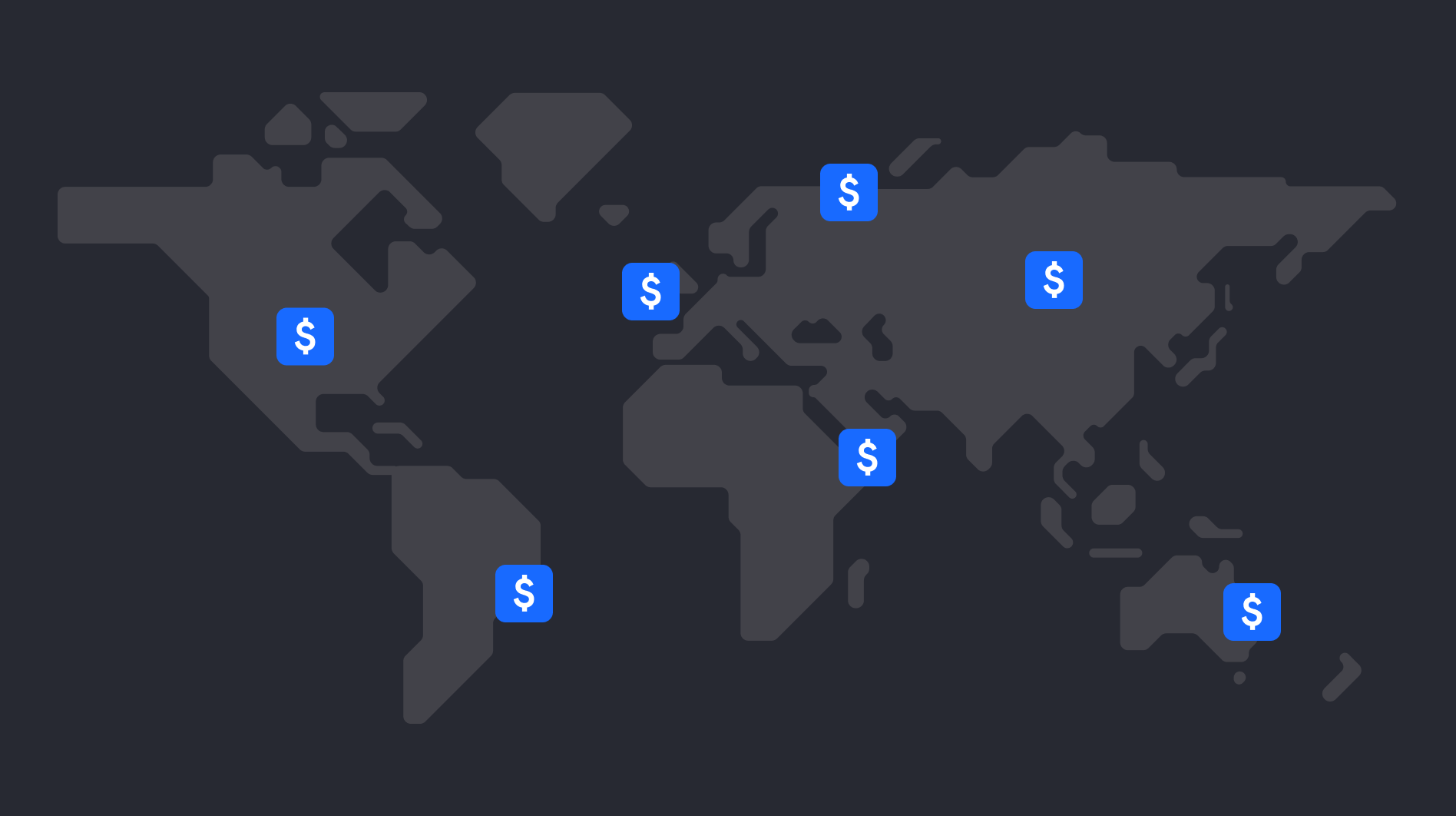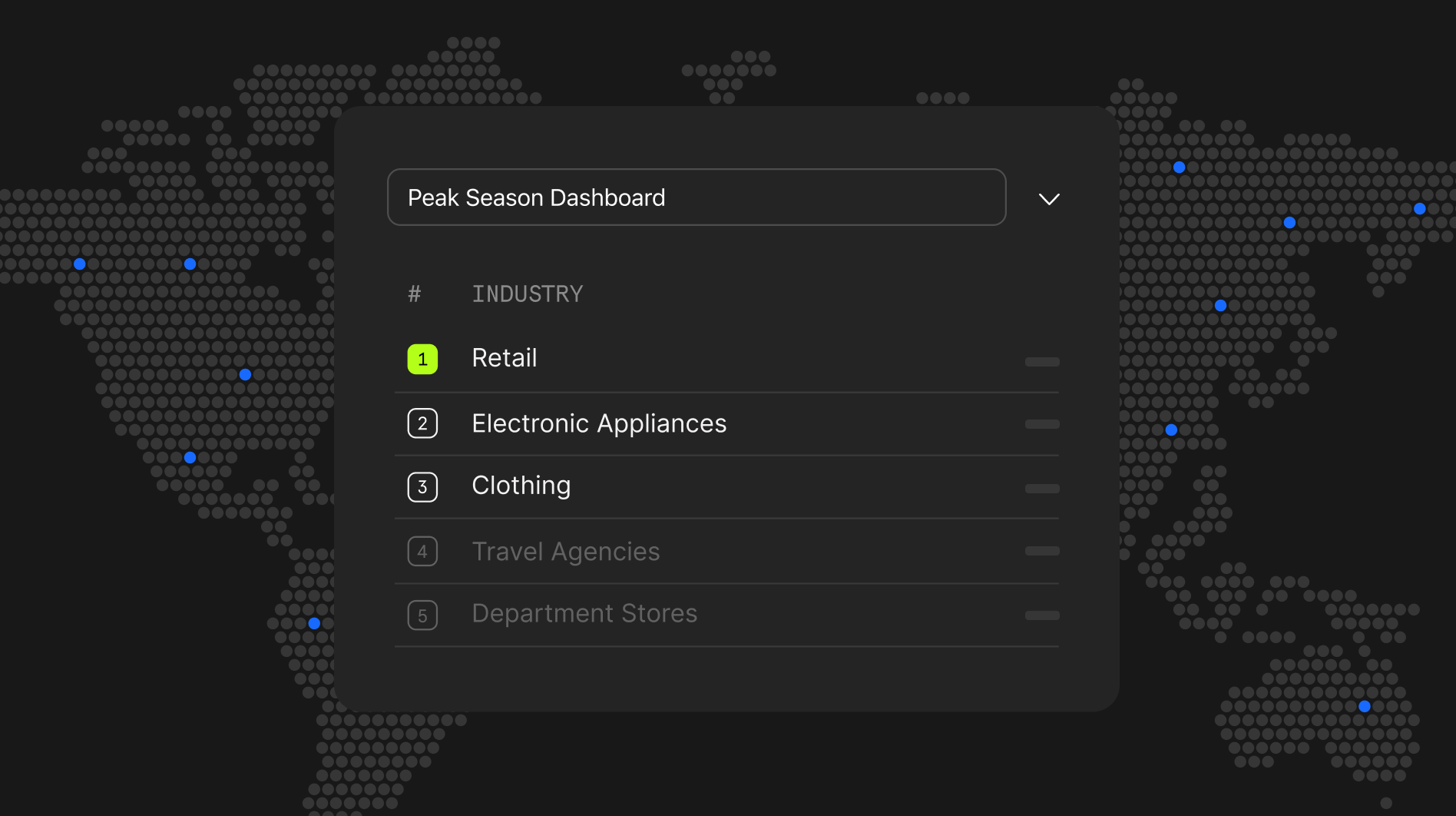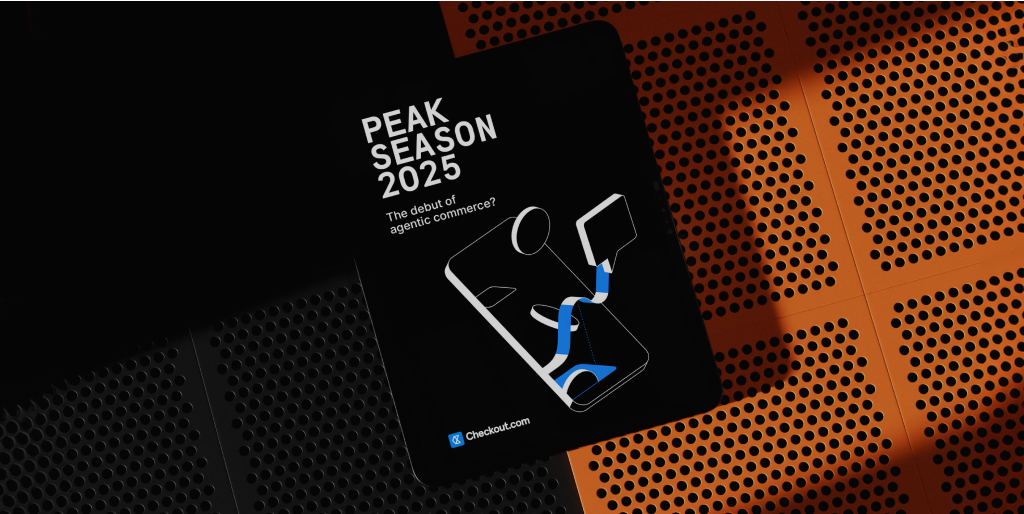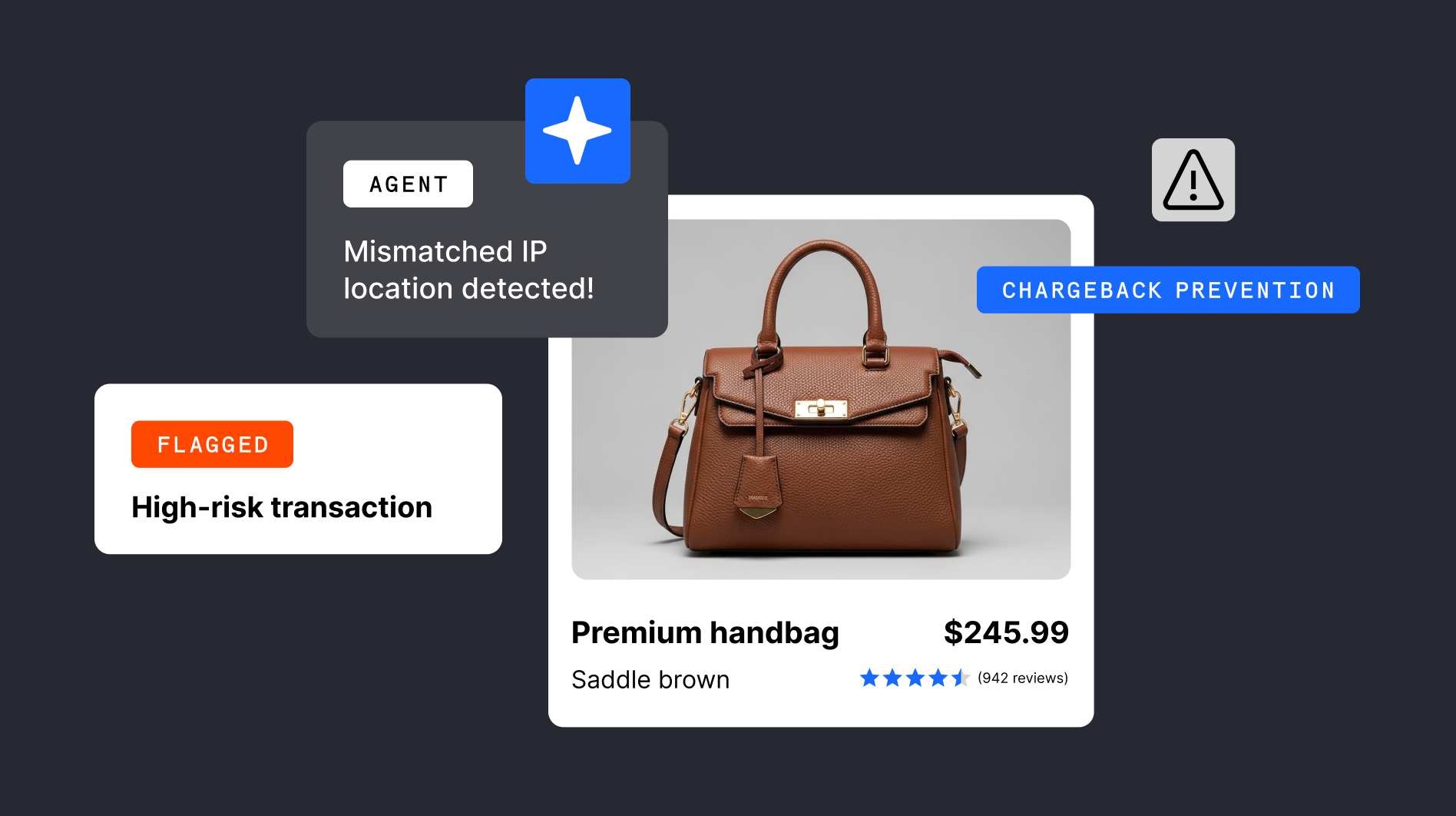Expanding internationally and selling to customers in new, overseas markets is a hugely exciting part of your business’s journey – but it’s also one that needs to be navigated with care.
When it comes to global payment processing you’ll need to localize your payments to align with local behavioral norms, payment preferences, and currencies. In some markets it’s near impossible to succeed without doing so. In countries like France and the US, for instance, issuers are hyper vigilant to the risk of cross-border payment; some will even automatically decline card authorizations from higher risk countries, leaving you unable to serve customers there.
But despite local acquiring’s importance, our research – conducted with Oxford Economics – shows that most merchants are failing to leverage it as part of their payments strategy; and that just 20% of companies have direct access to a local acquirer in their key global markets.
That’s why below, we’re demystifying local acquiring – and explaining why it needs to be a key cog in the machinery of your international payment strategy.
Here, we’ll explain what local acquiring is and how it works, before diving deep into both its benefits and drawbacks. We’ll touch on local acquiring’s array of use cases for businesses – such as online gaming, travel, and ecommerce – before explaining how Checkout.com can help you unlock the potential of local acquiring to boost your business’s revenue and growth.
What is local acquiring?
Local acquiring is a credit card processing method that involves the merchant acquirer (so, the company or financial institution that handles debit and credit card payments on behalf of your business) being based in the country or jurisdiction where the payment is taking place.
Because locally acquired transactions happen in a familiar environment for the issuer – that is, your customer’s bank – there’s less chance of issues popping up. Which, in turn, means that local acquiring tends to be more successful than its counterpart, cross-border acquiring (in which the acquirer is based in a different country to the individual making the purchase).
Even if your business isn’t based in the same country as your customer, local acquiring means you can process payments as if it was – and allows you to take advantage of the many cost-saving, authorization rate-boosting, and compliance-ensuring benefits that offers.
How does local acquiring work?
Here’s a quick, step-by-step guide to how local acquiring looks in principle:
- First, your customer initiates a transaction with your business: by selecting a product or service from your website or app, and entering their debit or credit card information.
- Then, their payment information is funneled – via an encrypted connection – to a payment gateway in the customer’s country. (This is provided by an acquiring bank or a third-party payment service provider.) Think of this payment gateway as a conduit; as a bridge relaying the customer’s card data from your business to a local acquirer.
- The local acquirer (which, remember, is a bank acting on your behalf; the financial institution processing payments for you, but based in the customer’s country) receives the payment details and forwards them on to the issuing bank.
- Here, the issuing bank runs several checks – such as making sure the customer has sufficient funds to complete the purchase – and either approves or denies the payment. It sends confirmation back to the acquiring bank, which forwards that on, through the payment gateway, to your business to complete the transaction.
Seems straightforward enough. But how does local acquiring look in practice?
Two banks in the UK, for example, are likely familiar with each other. They operate under the same regulatory umbrella and country risk rating, after all – and are used to working together to process millions of transactions a week.
Combined, these factors make it highly likely that the issuer (providing all other conditions are satisfied) will continue to approve these transactions on a regular basis.
When the acquiring bank and issuing bank are in different countries, however, the situation becomes more complicated.
Let’s say, for instance, that a customer based in Germany is purchasing a product directly from a Hong Kong-based ecommerce store. This retailer doesn’t have a local acquiring footprint in Germany, and instead uses a domestic bank in Hong Kong to process the payment.
Most likely, the customer’s German issuing bank will be unfamiliar with the Hong Kong acquirer seeking approval. And, while this doesn’t mean the German issuer will automatically refuse the transaction, it will put it under greater scrutiny.
A lack of familiarity between issuer and acquirer isn’t the only issue, though. Issuers treat authorizations from other countries differently, and each country’s global risk ratings come into play – regardless of the bank or merchant. So, if German issuers have recently experienced high volumes of fraud stemming from Hong Kong, they may have a policy in place to automatically reject any authorization requests as standard.
This all makes local acquiring extremely important for merchants that rely on international business payments. But what are its other benefits?
What are the benefits of local acquiring?
Local acquiring also allows you to reduce the price you – and your customers – pay for payment, and provides you with greater control over your cash flow. It’ll also help you toe the line of local compliance requirements, enhance your customers’ experience with your business, and – perhaps most importantly – give your authorization rates a big boost.
Let’s take a closer look.
Improve your authorization rates
Your authorization rates are one of your credit card processing strategy’s most important facets – and fortunately, local acquiring can keep them high.
Local acquiring banks have a better understanding of the local market, and the behavior of its consumers – helping these banks more accurately assess, analyze, and approve transactions. What’s more, local acquirers have more established relationships with local issuers: facilitating smoother, speedier communication during the authorization process.
What’s more, local acquiring enables your customers to be charged in their native currency, which they’ll be more accustomed to transacting in. This reduces the likelihood of declines due to currency-related issues or confusion, and – as we’ll explore shortly – makes the payment experience far more comfortable and friction-free.
Avoid cross-border charges
Credit card fees – including interchange, scheme and processing costs – all tend to be higher in a cross-border payment.
These fees can see you, as a merchant, charged as much as 1% – sometimes greater – more for an international payment than one processed domestically. These savings (which, naturally, add up fast) can be reinvested into your business, and used to facilitate further expansion.
Reduce foreign exchange costs
When selling overseas, it’s best practice to allow customers to pay in their local currencies – and in the variety of local payment methods they’re most comfortable with.
However, these cross-border transactions come with their fair share of hefty foreign exchange (FX) fees, that you must either pay – or pass on to your customers.
While locally acquired transactions will still incur these FX costs, you’ll have greater control over how you manage and offset these fees.
That’s because, once a locally acquired transaction has taken place, the funds will settle in the customer’s local currency, rather than in your business’s native currency. From here, you can choose exactly when to convert the funds: whether that’s now – if you need the money straight away – or later down the track to benefit from a more favorable exchange rate.
Take control of your cash flow
Due to the complexity of cross-border payments, settlement often takes up to five working days – leaving you waiting, anxiously, to access and reinvest money your business has already made. With domestic payments, by contrast, settlement can happen on the same day.
This gives you predictability and control around your business’s incomings, and can be of great benefit when cash flow is tight. Same-day settlement can also remove the need to turn to expensive short-term funding solutions to plug any gaps, and place the future of your business’s finances firmly back in your hands.
Improve the customer experience
Some issuers charge their customers whenever they use their card abroad or have their payments routed through acquirers based overseas. This is known as a foreign transaction fee (FTF), and usually costs consumers between 1% to 3% of the transaction value.
For shoppers, seeing this charge on their statements can come as an unwelcome surprise – particularly if they weren’t aware of the fees imposed for international transactions. In some cases, discovering these charges could lead the customer to raise a chargeback – or even avoid using your online store in the future.
Fortunately, local acquiring – by enabling your customers to enjoy the same experience as they’d have shopping with a domestic merchant – allows you to remove that risk, and mitigate against the damaging effects chargebacks can have on your reputation and revenue.
Ensure local compliance
When it comes to payment processing, each country has its own rules and regulations – and, if you plan to transact there, you’ll need to stay on top of them to avoid problems or penalties.
With local acquiring, you can ensure your business meets the legal and regulatory requirements – such as data protection laws and consumer rights – of the countries and jurisdictions your customers live in. This makes things easier for you (and your lawyers!) and help your business avoid dipping a toe into the hot water of non-compliance.
Blockers to local acquiring
While local acquiring offers a generous array of benefits, it’s not without its drawbacks and difficulties, too.
Read on to explore them in detail.
Establishing and maintaining relationships with local acquirers
Working with a local acquiring bank in every country you sell in is easier said than done.
The biggest blocker to effective local acquiring is that you’ll need to set up a legal entity in each country to access its banking services. This is a lengthy, laborious process that involves negotiating and navigating new infrastructure, regulations, and relationships around the world – and that might not be something your business is ready for just yet.
What’s more, it’s not only establishing these relationships with acquirers across the globe you’ll need to do – it’s managing and maintaining them, too.
Local acquiring systems require constant monitoring and maintenance to keep pace with the shifting sands of payment regulation: whether those are evolving data security standards or mandated ways of authorizing and authenticating card payments online.
What’s more, each acquirer you work with will have different fee structures, contrasting levels of customer support, and varying ways of reporting. And, as your business grows and your international reach expands to encompass even more countries and territories, this will only get more – not less – complicated. Which leads us to our next point…
Difficulties of replication and scale
One domestic payment environment alone is hard to configure and operate effectively. Repeat that for every market you operate in – a separate acquiring partner in every country, with individual contracts to negotiate, service level agreements to manage, and new software and processes to integrate – and the strategy soon becomes unworkable.
Currency conversion concerns
As we touched on earlier, local acquiring doesn’t exempt your business from the matter of currency conversion. Sure, settlement happens in the customer’s local currency – meaning you aren’t subject to converting at the (potentially unfavorable) FX rate in place at the time and date of the transaction.
At some point, however, you’ll have to repatriate that overseas income – whether that’s to meet your financial reporting requirements, or to reinvest them back into your business.
When you do, you’ll be eligible for currency conversion costs that can add to your business’s operational expenses and impact on your bottom line.
A more limited range of services
Compared to larger, international payment processors, local acquirers may offer a more limited range of services. This could mean missing out on certain advanced features or tools – such as fraud prevention or additional payment methods – that global payment providers offer.
Local acquiring use cases for businesses
Businesses from a wide range of sectors and spaces are using local acquiring to boost authorization rates, cut costs, and re-assume control over their cash flow.
These businesses include those in industries like:
- Ecommerce: online retailers need to be able to tap the potential in markets beyond their own country or region to grow – and to keep up with the competition.
- SaaS (Software-as-a-Service): software providers that run on a subscription model need to be able to process recurring payments from around the world, without fuss or friction. Local acquiring is the perfect solution.
- Online gaming: a video gamer based in South Korea looking to purchase Crash Bandicoot from a US retailer needs to be able to do so without the risk of the Korea-based issuing bank rejecting the US acquirer’s request. Similarly, freemium games for smartphones – which rely on the spontaneity of ad hoc in-game purchases – must be able to take place quickly and without friction to avoid the customer changing their mind.
- Travel: for companies that book hotel stays, flights, and activities in destinations around the world – and in a wide range of countries – local acquiring is a non-negotiable.
- Online marketplaces: platforms that connect sellers with buyers from around the world – such as app stores, subscription services, freelancing websites, or even ecommerce marketplaces such as Amazon, Etsy, and eBay – can benefit massively from a strong local acquiring strategy.
Want to read more about the businesses that can benefit most from local acquiring – and find out how you can make local acquiring your ROI superpower in 2024? Brush up with a unique, in-depth take from our very own Shaun Puckrin, SVP Product here at Checkout.com.
Grow your business with local acquiring
This discussion of local acquiring nuances and benefits raises a big question.
How do you reconcile the opportunity of local acquiring with the complexity of executing it?
The answer’s simple: you get someone else to do it for you!
Ideally, that’s a global payment partner like Checkout.com. We have local acquiring licenses – or the ability to get them – in all the markets you sell to. (And all the markets you want to expand into, too!) When you partner with Checkout.com, you’ll benefit from the simplicity of working with one partner, plus the upsides of local acquiring wherever you grow: including improved authorization rates, lower transaction costs and faster settlement.
Soon, you’ll see other benefits of scale emerge. You’ll be able to offer the perfect blend of payment methods for each region – from local debit cards and bank transfers to international credit cards and digital wallets – and, by having all your insights in one place, be able to easily compare payment KPIs, spot risks and opportunities, and take immediate action.
Want to learn more about how to leverage local acquiring to fuel your business’s ambition and evolution? Download our free 12-step guide and learn how to turn expansion into growth.
In it, we found that over half of merchants we surveyed have imminent plans to expand – but are struggling to put together the right payments localization strategy to help do so.
If that sounds like you, click the link below to download the guide – or get in touch with our team of payment experts for a friendly, no-obligation conversation today.















.png)
